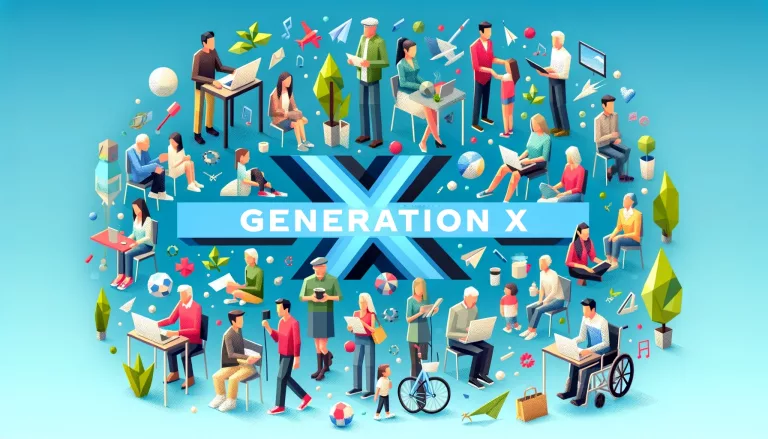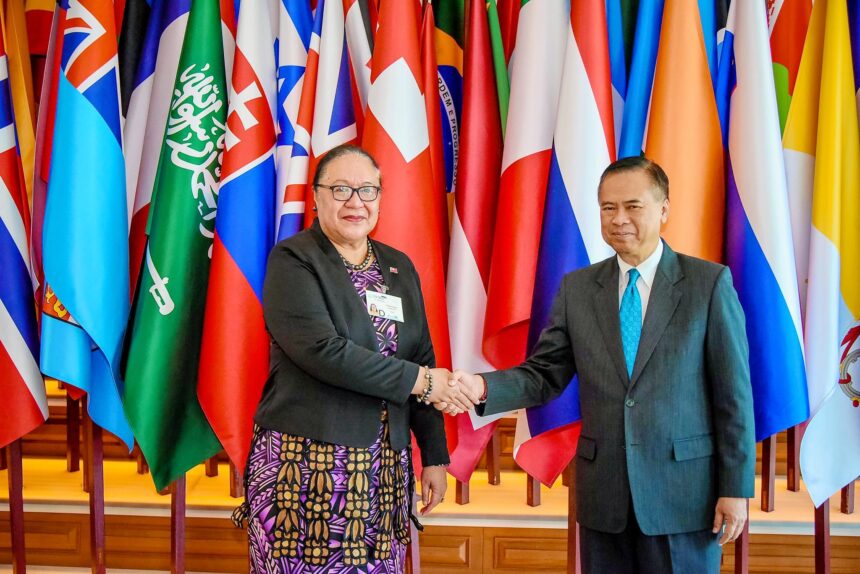goldengaterestaurantphoenix.com – Generation X, those born between 1965 and 1980, has experienced a unique relationship with education that has significantly influenced their personal and professional lives. As the first generation to grow up with both traditional and modern educational methods, Gen X has adapted to changing educational paradigms while also shaping them. This article explores the pivotal role education has played in the lives of Gen X individuals.
Traditional Education: A Solid Foundation
During their formative years, Gen Xers experienced a predominantly traditional education system. Classrooms were characterized by blackboards, textbooks, and face-to-face instruction. This period laid a strong foundation in core subjects and critical thinking skills. Teachers played a crucial role, often serving as mentors and guiding students through structured curricula.
The Shift to Technology-Driven Learning
As Gen X entered their teenage and young adult years, the educational landscape began to shift with the introduction of computers and the internet. This generation witnessed the transition from typewriters to word processors and from libraries to online research. These technological advancements provided Gen X with the skills to navigate and adapt to the rapidly changing world.
Higher Education: Expanding Horizons
Higher education became a significant milestone for many Gen Xers. Colleges and universities offered opportunities for deeper exploration of diverse fields and disciplines. This generation pursued degrees with the understanding that a college education was a pathway to career success. However, they also faced the rising costs of education and the beginning of the student debt crisis, issues that have persisted into later generations.
Lifelong Learning: Adapting to Change
Gen X has embraced the concept of lifelong learning, recognizing the need to continuously update their skills in response to technological and industry changes. Whether through professional development courses, online learning platforms, or returning to academia, this generation values education as a means to remain competitive and relevant in the workforce.
Education as Parents: Guiding the Next Generation
As parents, Gen Xers are actively involved in the education of their children, the digital natives. They emphasize the importance of a well-rounded education, balancing academic achievement with emotional and social development. Gen X parents often encourage their children to pursue diverse interests and adapt to new learning environments, including digital and hybrid education models.
Conclusion
Education has played a transformative role in the lives of Gen X, shaping their values, skills, and adaptability. As the world continues to evolve, Gen X remains committed to the pursuit of knowledge, both for themselves and their children. Their experiences with education highlight its enduring importance as a tool for personal growth and societal advancement.




